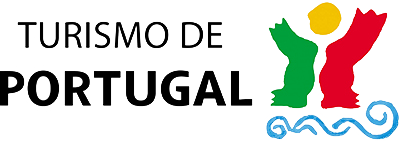PR & GO UP
Tourism and Digital Transformation: Travel Becomes Digital
The Travel, Transportation, and Hospitality (TTH) sector has undergone substantial changes in recent years, not only because modern tourists have new needs and travel habits, but also because industry companies are increasingly influenced by digital transformation.
How technology has changed tourism
Starting from its, definition, digital tourism is the use of various digital tools to plan, organize, manage, and experience a trip.
The 4.0 traveler increasingly relies on online platforms, whether it’s for booking a trip, leaving a review, receiving assistance, or sharing their experience through social media channels.
In fact, according to the Digital Innovation Observatory in Tourism and Business Travel of the Polytechnic University of Milan, 2022 was a touring point for the TTH sector. This is because all three segments experienced a strong increase in online sales, equaling or even surpassing pre-pandemic figures.
For example, in the Hospitality sector, e-commerce reached 16.4 billion euros, compared to 14.6 billion euros in 2019. Therefore, Hospitality 4.0, is growing, referring to the process of innovation and digital transformation of accommodation facilities through the adoption of new technologies such as Artificial intelligence, the Internet of Things, Big Data analysis, and Cloud Computing.
The goals of digital tourism
Tourism 4.0 means hyper-connectivity. Therefore, in 2023, it is essential for industry operators to build a proper digital strategy that strengthens their online reputation and maintains a constant, immediate, and personalized relationship with the public.
Digital has transformed the entire travel experience, from the pre-booking phase to the stay and post-trip. The integration of new technologies allows for the collection and processing of large amounts of data gathered based on travelers’ preferences and choices and represents a crucial opportunity for the sector. It brings useful and practical tools to reduce costs, automate, speed up, and streamline certain processes, and improve sales dynamics, and customer care.
Furthermore, it serves to enhance the tourism experience and effectively meet travelers’ needs in a more efficient and timely manner by facilitating access to information and services.
Digital Innovation in Tourism
But how can we bring digital transformation to tourism? It will be necessary to engage online users by providing them with increasingly more information about destinations and accommodations, build loyalty among long-standing customers and acquire new ones through marketing and communication activities that use contemporary languages close to the target audience. Additionally, creating tailor-made packages, ensuring a high-level, interactive, and personalized customer experience from the inspiration phase to the planning, travel, and post-travel phases.



















